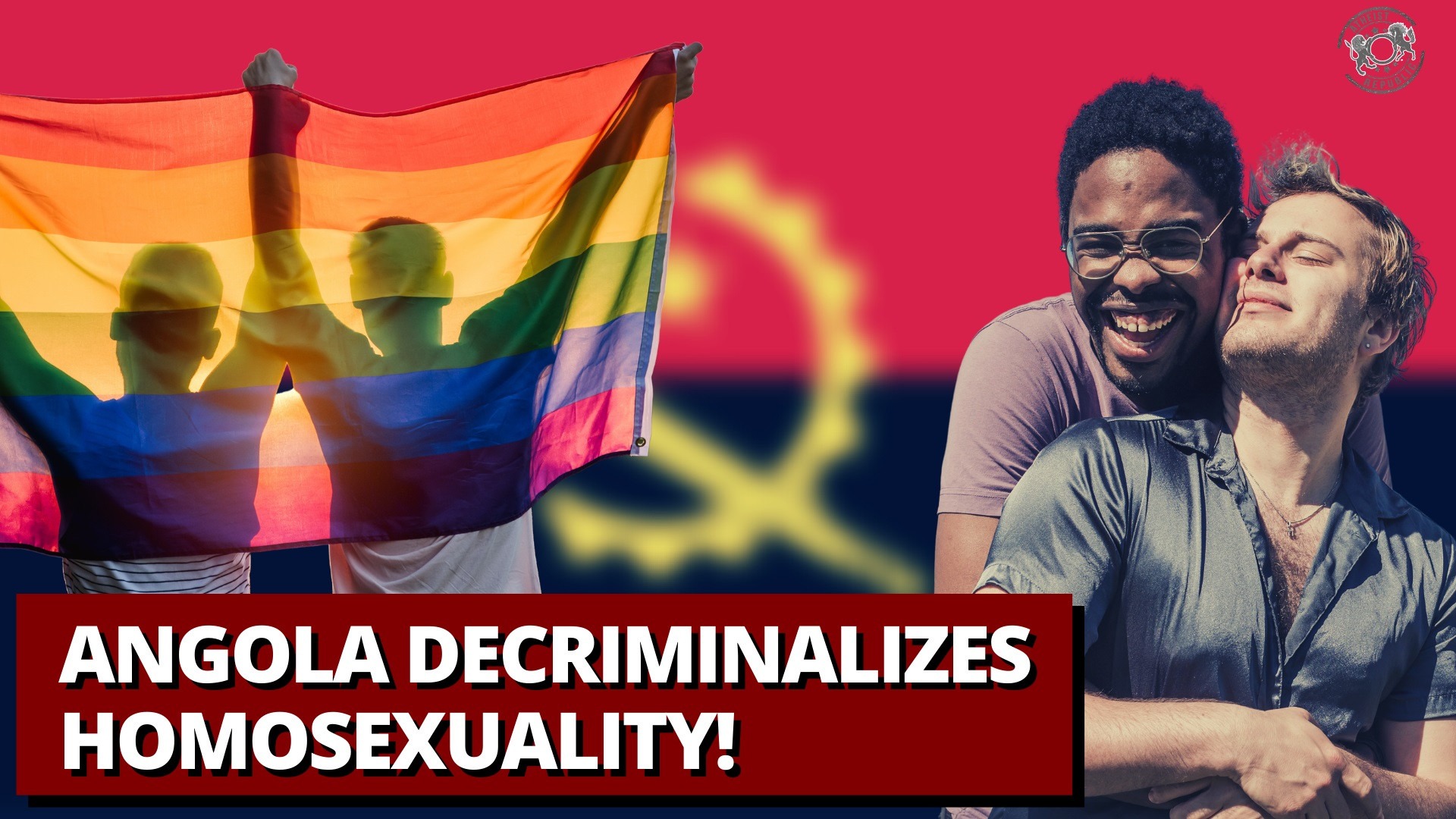
Same-sex relations are finally legal in Angola as of February 10th. The changes were passed in January 2019 when Angola’s Parliament approved the amendments.
The changes come from the first rewriting of colonial-era laws since Angola gained its independence in 1975. Angola was previously a colony of Portugal until that time. While many colonial-era clauses were removed at that time; clauses encouraging discrimination against the LGBTQ+ have been in effect since the Angolan penal code introduced the prohibition in 1886.
The penal code changes were announced in January 2019, after approval from Angola’s Parliament. However, it wasn’t until November 2020 that President João Lourenço signed the rewritten laws, but with a 90-day delay. The new law became officially enacted as of February 10th, 2021.
The colonial-era “vice against nature” condition was served as a ban on homosexual sexual relations. The new law overturned that arrangement and criminalized any form of discrimination based on sexual orientation.
According to activist Jean-Luc Romero-Michel, finalizing the new law was “a great step forward” to stand against the state-sponsored discrimination aimed at the LGBTQ+ community.
The new Angolan law is welcomed worldwide by the LGBTQ+ communityand human rights activists. In Kenya, LGBT+ rights groups paid close attention and hope the new law will inspire changes within their own country.
According to Human Rights Watch (HRW), the laws in place before November 2020 rarely prosecuted same-sex relations, but they served to promote bias, undue scrutiny, and discrimination against LGBTQ. Under the new law, violators who discriminate based on sexual orientation can be imprisoned for up to two years.
These laws were changed during prolonged violence against the LGBTQ+ community on the African continent. The leader of Uganda in 2019 compared queer people to “terrorists.” In 2020, police violently assaulted gay Nigerians who were, in fact, peacefully protesting against police violence towards the community.
International Planned Parenthood Federation (IPPF) Africa Regional Office Director, Marie-Evelyne Petrus Barry said:
“The news coming from Angola breathes new life and gives renewed hope not only for the LGBTI community in Angola but Africa as a whole. The colonial-era anti-LGBTI laws have been a stain on our collective conscience, and this ruling marks a new era of inclusivity, hope, and love. No one should be treated as a criminal for choosing who to love, and we hope this change in the law inspires other countries that have a similar colonial hangover to review their own laws.”
After Angola’s new laws, there are now 72 countries that have decriminalized homosexuality.
According to HRW, there are no less than 69 countries that still have laws criminalizing LGBTQ relations. Nine countriesstill criminalize the gender self-expression of the transgender and gender-nonconforming communities.
